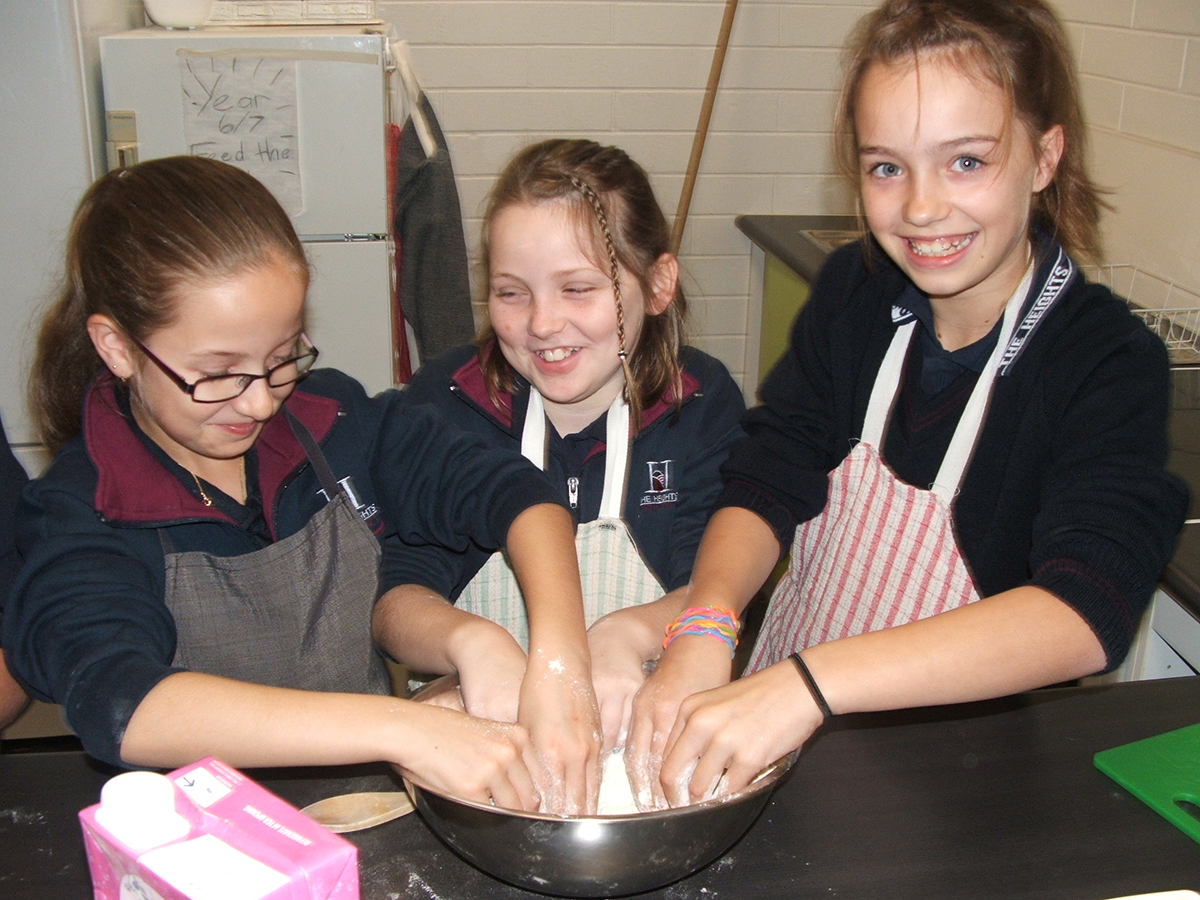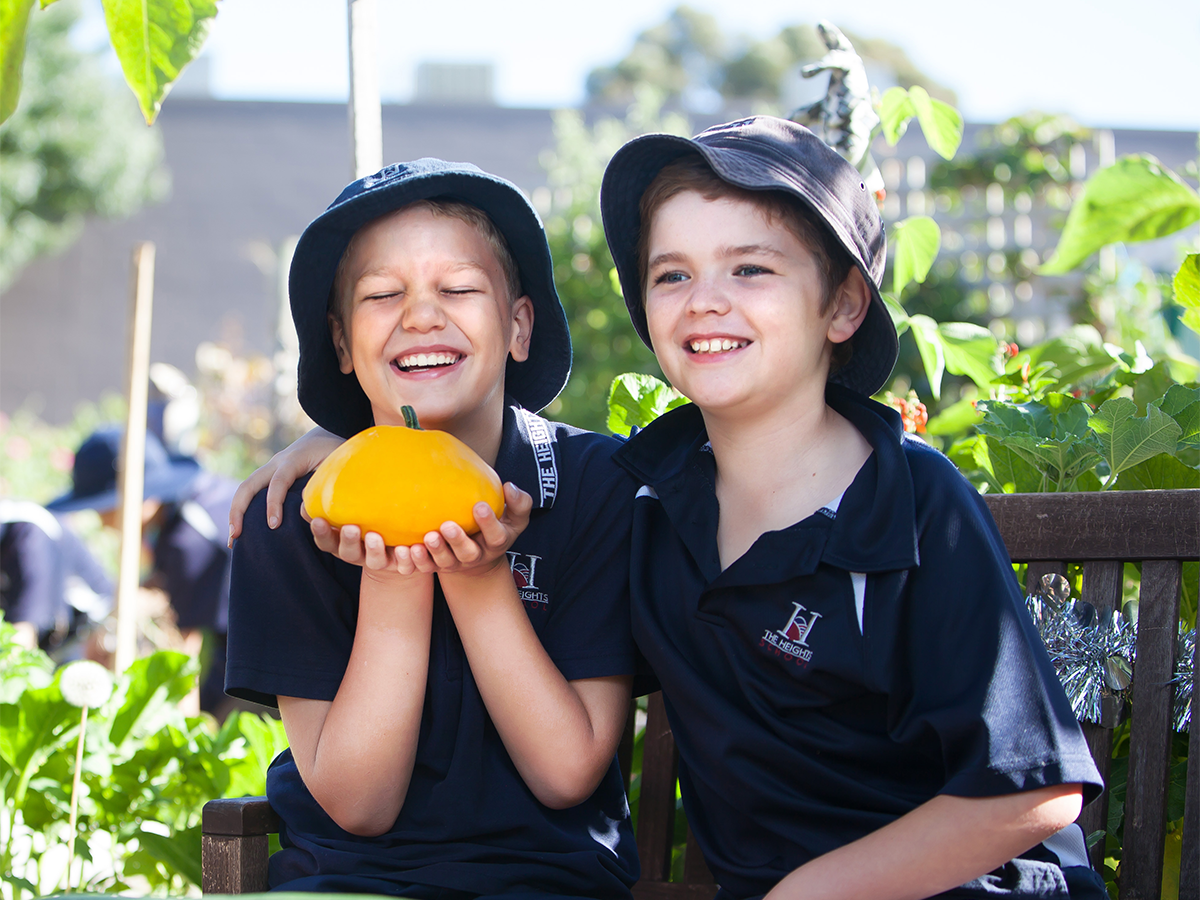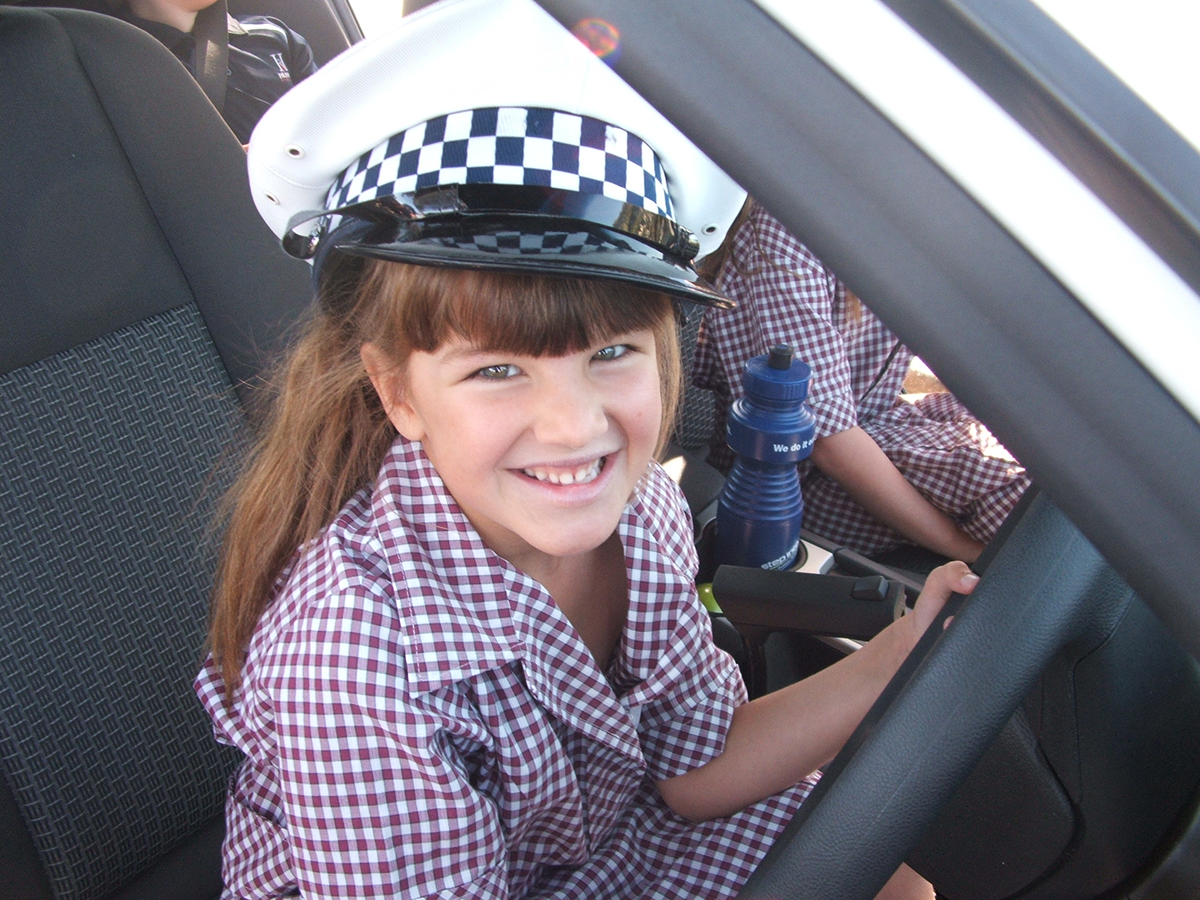Primary Years (R-6)
We aim for the years spent in Primary Years to be amongst the happiest in a child’s life. The Heights School believes that children who are nurtured, feel safe, along with being valued as special and unique individuals, learn well.
The educational offering in the Primary Years is broad and includes:
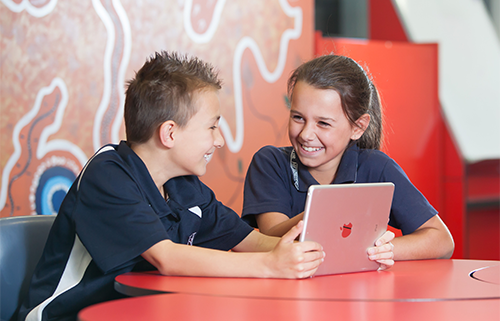
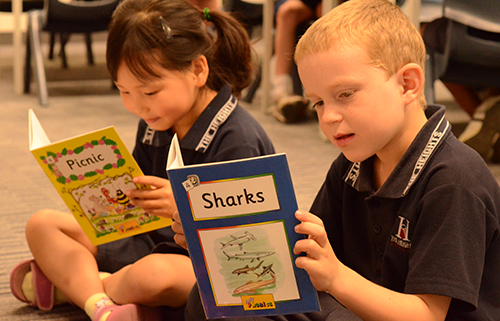
Reception to Year 2 Learning Program
Early Years staff work collaboratively to plan, implement and assess challenging learning programs using The Australian Curriculum for program content and the DECD ‘Teaching for Effective Learning’ (TeFL) to guide teacher practice to meet the needs of 21st century learners. A Thinking Skills scope and sequence supports all learners to develop higher level thinking abilities.
Teachers support each child to learn individually and in different ways and consequently provide access to a wide range of teaching methodologies and learning styles including an opportunity for play and self-discovery.
Year 3 to 6 Learning Program
Year 3-6 staff work collaboratively to plan, implement and assess challenging learning programs using The Australian Curriculum for program content and the DECD ‘Teaching for Effective Learning’ (TeFL) to guide teacher practice to meet the needs of 21st century learners. A Thinking Skills scope and sequence supports all learners to develop higher level thinking abilities. Primary Years classes all follow agreed behaviour expectations based on 'Play is the Way'.
Students access units of inquiry that aim at developing deeper understanding and conceptual understanding, higher-level skills and positive attitudes. Students learn through a structured inquiry-learning program, where they question, investigate, organise, think, manipulate information, and reflect about their learning. Some units being taught include: ‘Identity’; What Makes me Australian?’ ‘Plant and Animal Adaption’.
Primary Years Specialist Areas
Physical Education
Science
LOTE Indonesian and 'Indofest'
Stephanie Alexander Kitchen Garden
The Arts Specialist Program
In Primary Years Performing Arts we have lots of fun.
Activities include improvisation, script work, creative movement to music and cooperation games. Students experiment with musical instruments to create sound effects.
They learn to develop their characters, use the stage, props, costumes and scenery and to respond to performances they see.
Topics include:
